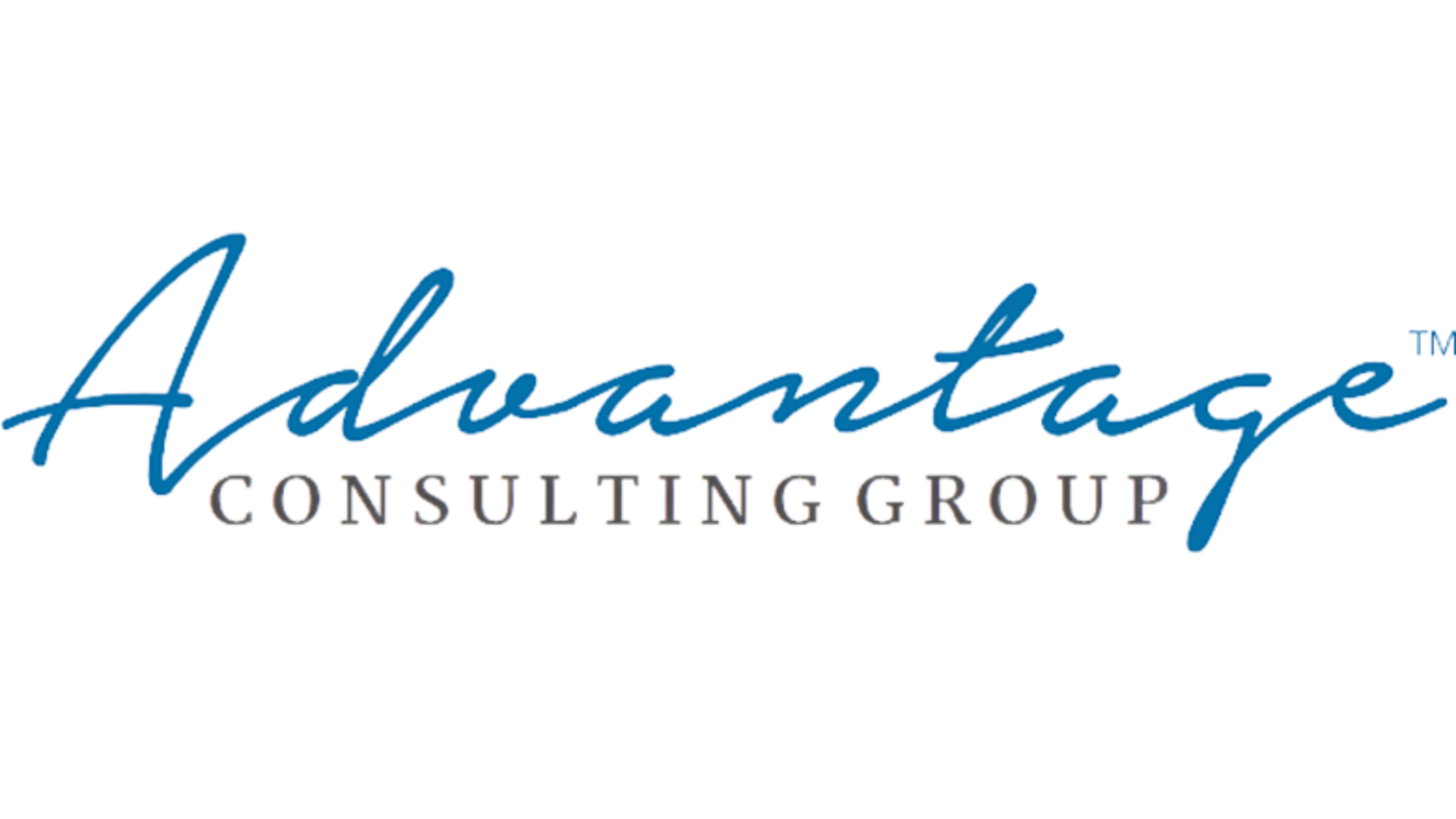Explore key strategies for HR professionals aiming to take on leadership roles. Learn how to develop a strategic mindset, effective communication skills, foster inclusive cultures, leverage data analytics, and embrace continuous learning to become a driving force for organizational change.
For Human Resources (HR) professionals eyeing leadership roles, the journey involves much more than mastering administrative tasks. It's about cultivating influence and driving organizational change. With 73% of companies planning to increase their investment in HR technology by 2024, the role of HR as a strategic partner is more vital than ever.
Embrace a Strategic Mindset
Stepping into a leadership role in HR requires a shift from a traditional operational focus to a strategic one. This involves understanding the broader business objectives and aligning HR strategies to support these goals. HR leaders are expected to contribute to discussions on business growth, demonstrating how HR initiatives can drive profitability and efficiency.
Develop Strong Communication Skills
Effective communication is key in HR leadership. This isn’t just about conveying information clearly but also about listening and engaging in meaningful dialogues with stakeholders. 92% of HR professionals rate soft skills, including communication, as equally or more important than technical skills. Aspiring HR leaders must be adept at communicating the value of HR policies and practices to the wider organization.
Foster an Inclusive Workplace Culture
HR leaders play a crucial role in shaping workplace culture. It's essential to champion diversity and inclusion initiatives, as inclusive companies are 1.7 times more likely to be innovation leaders in their market. By promoting an environment where all employees feel valued and heard, HR leaders can drive positive change and enhance employee engagement.
Leverage Data and Analytics
Data-driven decision-making is becoming increasingly important in HR. Proficiency in HR analytics allows leaders to make informed decisions based on tangible data. This could involve analyzing
employee engagement, turnover rates, or the effectiveness of training programs. By leveraging data, HR leaders can identify trends, forecast future challenges, and propose solutions backed by evidence.
Be an Agent of Change
HR leaders are often at the forefront of driving change within an organization. This requires a proactive approach to identifying areas for improvement and championing new initiatives. Whether it's implementing new technologies, developing talent management strategies, or revising existing policies, HR leaders must be comfortable with change and skilled in managing it effectively.
Invest in Continuous Learning
The HR landscape is constantly evolving. To stay ahead, HR professionals must commit to continuous learning and professional development. This might involve pursuing certifications in HR management, attending workshops on the latest HR trends, or simply staying informed about changes in labor laws and regulations.
For HR professionals aspiring to leadership roles, the path involves strategic thinking, effective communication, a commitment to fostering an inclusive culture, leveraging data, being an agent of change, and continuous learning. These strategies not only enhance your influence within the organization but also position you as a key driver of organizational success.
Ready to Elevate Your HR Career? If you're an HR professional looking to step up into a leadership role and drive meaningful change in your organization, embracing these strategies is essential for HR professionals aspiring to leadership roles. If you're motivated to make a significant impact in the HR field and are seeking opportunities to put these skills into practice, we invite you to explore our open positions.

